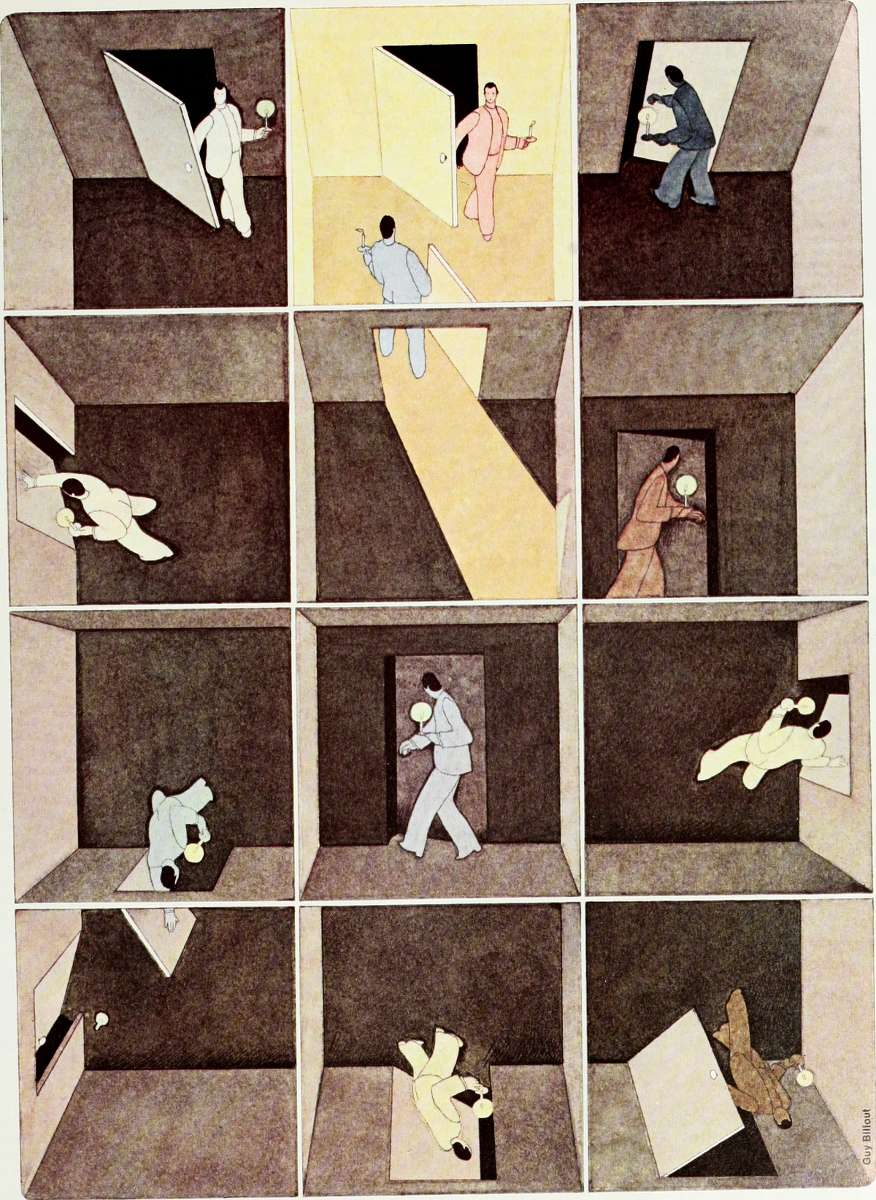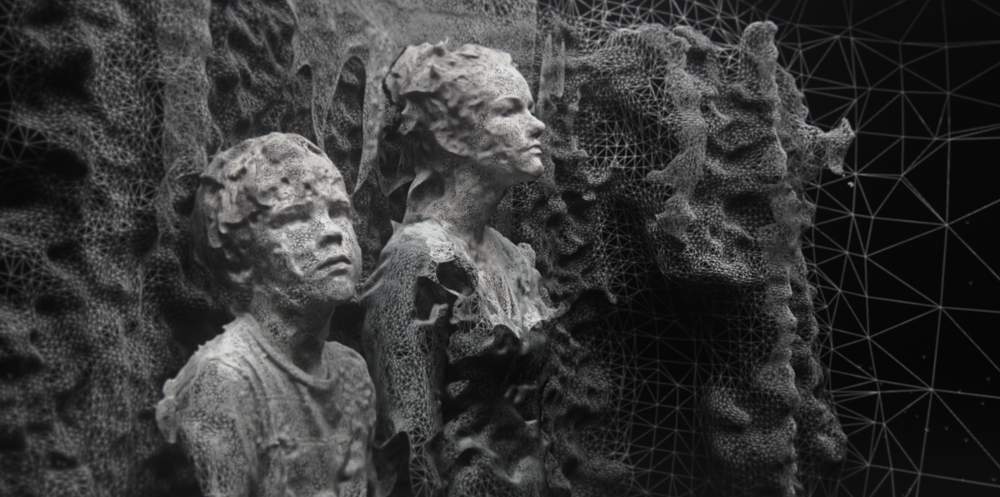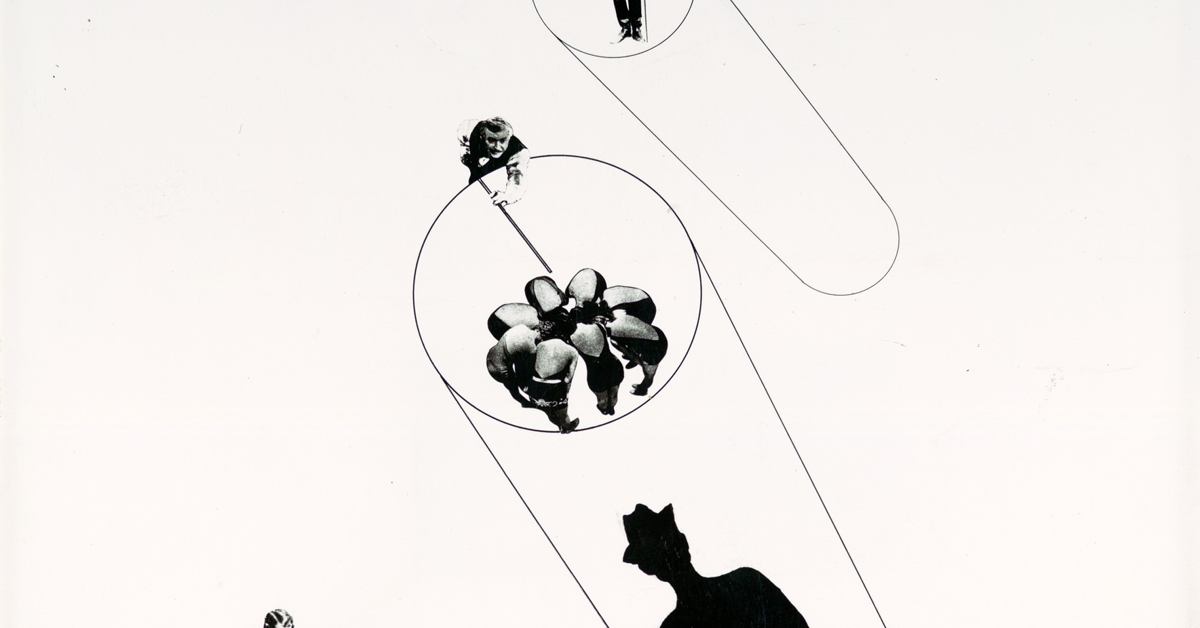“And the soul is like the eye: when resting upon that on which truth and being shine, the soul perceives and understands and is radiant with intelligence; but when turned towards the twilight of becoming and perishing, then she has opinion only, and goes blinking about, and is first of one opinion and then of another, and seems to have no intelligence.”
—Plato, Republic, VI, 508

I worked in inmate rehabilitation for eight years in the Kalamazoo County Jail. There was a phenomenon we often observed called crabs in a barrel.
Every time an inmate tried to rise above the chaos of the jailhouse culture, he was ridiculed and pulled down by the inmates who wanted no part of change or growth.

Any inmate who tried to elevate his position in society had to resist the pull of destructive forces. The eye of the victim stays focused on the limits of life and shows no real intelligence. The question is, how do we develop Plato’s eyes of the soul which focus on truth and shine with radiance and intelligence?
I believe there are three forces operating in the world today. The first two are at the margins and the third is in the middle.
One marginal force consists of basement level extremists and immoral leaders who are trying to destroy civilization as we know it. The second marginal force consists of high rise exemplars and moral leaders who are trying to elevate our consciousness through the eyes of the soul. They are contributing to the ever-evolving collective consciousness. The third major force are the muddled masses in the middle who are desperately trying to hold onto the past and/or keep things the way they are—“blinking about” from one opinion to another.
As individuals, organizations, and civilizations we are suffering from the plague of level 2—one level above the basement but with no view. What I mean by that is that, in the light of limitless possibilities, our vision and expectations are extremely limited. The fact is that real benefits tend to accrue when people move up a level and then pull others up to the higher perspective.

The funny thing about perspective is that the view changes dramatically at every level.
Just think about the view from the American Freedom Tower or the Eiffel Tower—dramatic and inclusive.

So, with those images in mind, think about how differently learning looks from five floors of a “Learning House.”
At the bottom is a basement view with no windows. At the top is a penthouse view with a roof top garden overlooking the city. In the middle are floors with varying degrees of light and perspective. On the ground floor, there may be a couple of small windows with little or no view. In the theatre world, it would mean having an obstructed seat. On the kitchen level, there are large windows with good views. One floor up, there are 360 degree views of beautiful scenery.

If I am mucking around in the basement of this Learning House, I may dig up all kinds of random and unrelated facts, but I might not know how to connect them in any meaningful way. For the most part, it’s just left over garbage and discarded stuff. Much of education still relies way too heavily on the stuff of rote memorization and random facts.
On the ground floor, I can put together those facts into coherent concepts. This is the level at which most academics and students like to play. Concepts, however, typically consist of opinions that don’t necessarily lead to any productive results. In the kitchen, I can put facts and concepts into a meaningful context by using an “if-then-so that” recipe. For example, If I attend to my children by squaring off, leaning in, and establishing eye contact, then they will be more likely to listen to me, so that we can engage in meaningful conversations. Now we are cooking.
On the next level, the principles are translated into skills so that, in the example above, the learner would acquire and apply the skills of attending and listening. Hmm, that soup is starting to smell really good and the perspective is breathtaking. In the Penthouse, the skills can be transferred to a purpose. For example, the purpose of my attending and listening is to create a loving and caring family. I can now sit out on my veranda and enjoy the real meaning of life with panoramic views.
Let me be clear. Facts, concepts, and principles provide the foundation and structure for any building. I wouldn’t want to be on the top floor with shaky bones beneath. The real point I would like to make here is that everyone who comes to a Learning House should start with a view from the Penthouse so that they can establish their purpose and thus be able to make the best use of the facts, concepts, principles and skills they acquire.
This house is not the province of exclusive elites. It should be built to provide everyone with a common vision of what’s possible and an individualized mission for achieving a personalized purpose.

Organizations also have different views from each floor of our five-story building. Clearly, a lot of great things get invented in basements or garages of our “Organizational Houses.” Think Steve Jobs and Steve Wozniak. Or Hewlett and Packard. Life has changed dramatically for all of us as a result of their creative genius.
They learned quickly, though, that their hardware inventions needed to have a purpose in life—
like more efficiently compiling and sharing information. Up stepped Microsoft, Google, Facebook, and Amazon to fill the ground floor with options galore. When bits and bytes and Prime-delivered packages started flowing out of the windows at an ever-increasing pace, some of us stopped to reflect on the impact. Were we now becoming slaves to the beeps on our smartphones that tell us that we have received another piece of information—whether it’s a text, a tweet, an Instagram, news bulletin, or an e-mail? Given this soul choking phenomenon, some people sat down for dinner on the third floor to discuss how to convert all that information into actionable knowledge and pathways for connecting people on a human level.
As human processing became more important than information processing, some folks walked up the staircase where there were large windows opening to wide vistas. The people on the fourth floor started building organizational capital by inculcating desired norms and values and by institutionalizing core competencies like strategic planning, evidence-based decision making, creative problem solving, and continuous process improvement.
Finally, when the organization was firing systematically on all cylinders, some brilliant leaders strolled out to the roof top garden and pondered how they could relate more effectively with all the stakeholders in the community.
Finally, a higher purpose.
Oh, how much time we could have saved and how much good we could have done if we had started with the purpose in the first place.
What’s important in our Organizational House is that each higher level optimizes the value of the lower level.
For example, software optimizes the value of hardware. Likewise, human processing power optimizes information capital. Further, a healthy, innovative, and productive culture optimizes the contribution of the people in the community. Finally, an organization that has established a leadership position with a higher purpose optimizes all the organizations with which it relates. Each higher level elevates and broadens perspectives and possibilities. One organization with whom I work actually has a Chief Purpose Officer who reports to the CEO and makes recommendations for socially responsible initiatives. Yes, goodness does exist in some corporations and institutions.
Finally, we need an infrastructure to connect and enable all the Learning Houses and Organizational Houses.
In the basement of our Society House, people are dependent on others for their survival. We call them jails, nursing homes, and hospitals. People in the basement level either lack the capabilities or the commitment required to take care of themselves.
Humane civilizations create safety nets for those who lack the capabilities to survive.
On the ground floor of Society House, a competitive mentality dominates the culture. People and organizations are focused on getting ahead and winning at whatever cost. At the kitchen level, people own the responsibilities of operating independently and are constantly cooking up tasty new solutions. They focus on getting what they need and assuming control of their lives. For example, nations and states tend to be fiercely independent. One floor up, people, organizations, and governments take a more collaborative approach to problem solving and growth. Creative contributors are open to sharing and working together for the collective good. At the penthouse level, these individuals, groups, and institutions work interdependently. They actively seek ways to help each other succeed. The Paris Climate Accord is a good example of an interdependent approach to global issues. As it turns out, collaborative and interdependent approaches create an environment in which everyone wins and everyone grows.

Generically, when people, organizations, and governments function in windowless basements, there is an evisceration of what is good and what is possible. It’s like carpenter ants eating away at the foundations. On the ground floor—typically containing the TV room—people may feel entertained and satisfied by their “success,” but there is little movement toward what is meaningful and worthwhile. In the kitchen and living room floor, people may be sufficiently educated to make wise decisions, but there is no real sense of higher purpose. On the next level with all the big windows, people become enlightened enough to devote their lives to service and to own their duties to their families, fellow citizens, and their host planet. In the Penthouse, people are energized by possibilities for growth and radiate joy based on deep knowledge and being. Again, the penthouse is not an exclusive club with special keys and code words for entry. It is an open, and accessible space to co-create a caring and compassionate community.
The problem is that the forces in the basements and ground floors of our houses are intent on snuffing out the light from the upper rooms. There are far too many basement dwelling extremists destroying civilization as we know it and far too many ground level “muggles” (from the Harry Potter series) intent on limiting possibilities.
Unfortunately, the muddled masses are very comfortable and satisfied with the facts and concepts they have learned, the competitive nature of every aspect of our society, the entertainment vehicles that keep them asleep, and the information they digest and project every day—even if the “facts” are false, the entertainment is violent, the competition is destructive, and the information is banal or inaccurate.
In short, the evil of low-level, extremist forces and the plague of muggle forces are killing us.
The question is, can high level, spiritual forces at the margins generate enough energy to shift the direction we are heading? What makes the problem even more challenging is the difficulty of assessing accurately, objectively, and fairly who is functioning at what level.

While we would like to construct consistent worldviews that encompass all elements, it may be impossible to do so.
Perhaps the best we can do is to become “cosmic dancers” at the margins—creating enough radiant energy to shift the masses upward, i.e. eliminate the destruction of extremists and the plague of philistines.
Creating that positive force will require us to not settle dogmatically on any one perspective, but to look at the world from many angles and with many possibilities and to learn to dance lightly among them with eyes of the soul.
For me, the battle between constructive and destructive forces will determine whether we can create ubiquitous peace and prosperity or whether we accept the never-ending condition of poverty and violence for the masses. We need people at the positive energy margins to lift up the masses. Otherwise, like my inmates, we will all end up as crabs in a barrel.
Let me end with a paraphrase of Nietzsche by Joseph Campbell.
“The Cosmic Dancer does not rest heavily in a single spot, but gaily, lightly, turns and leaps from one position (floor of the house) to another. It is possible to speak from only one point (floor) at a time, but that does not invalidate the insights of the rest.”
May we become more like cosmic dancers with eyes of the soul than crabs in a barrel with eyes of the victim.
Also published on Medium.




Well done Ricky! Let’s go dancing!
Hi